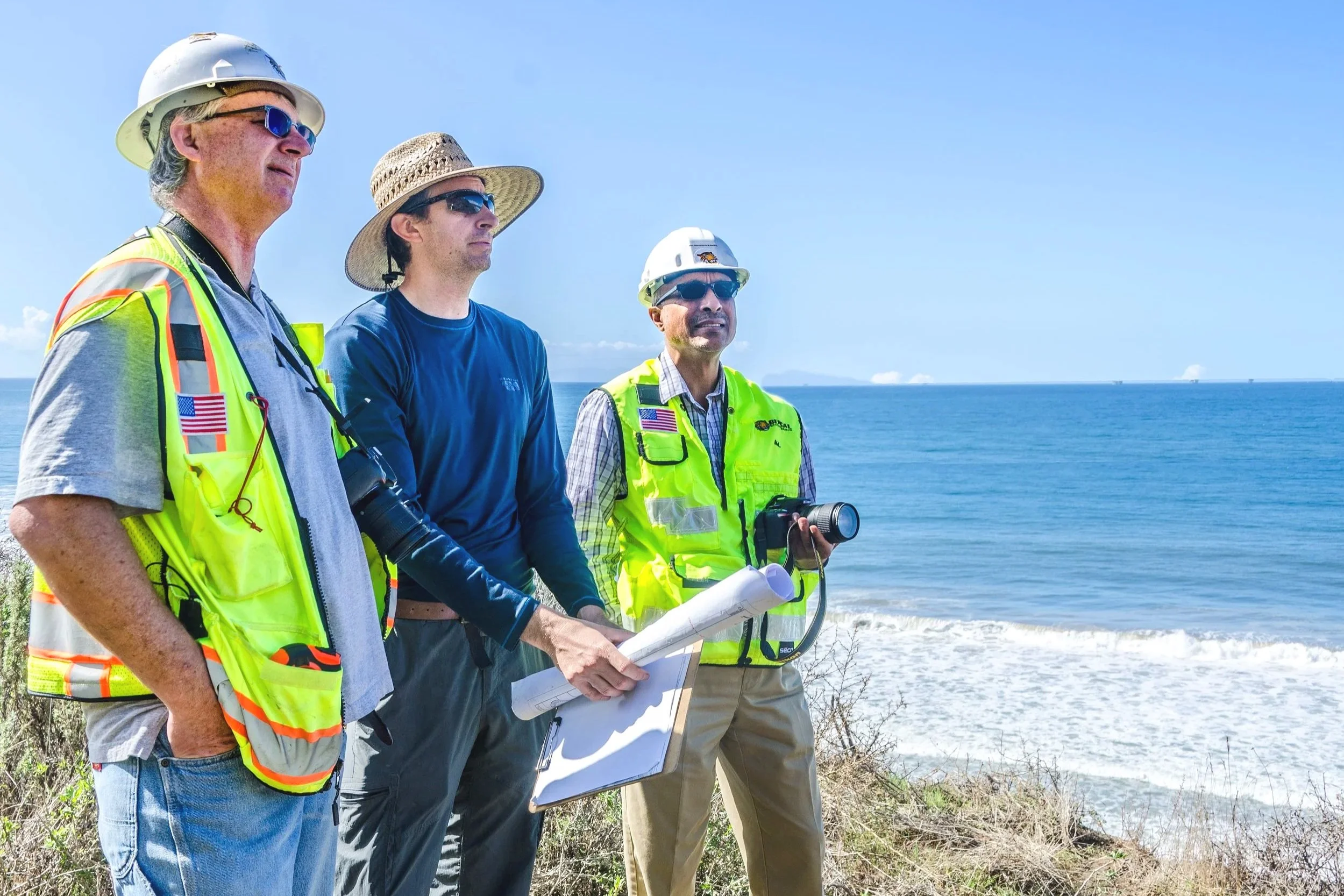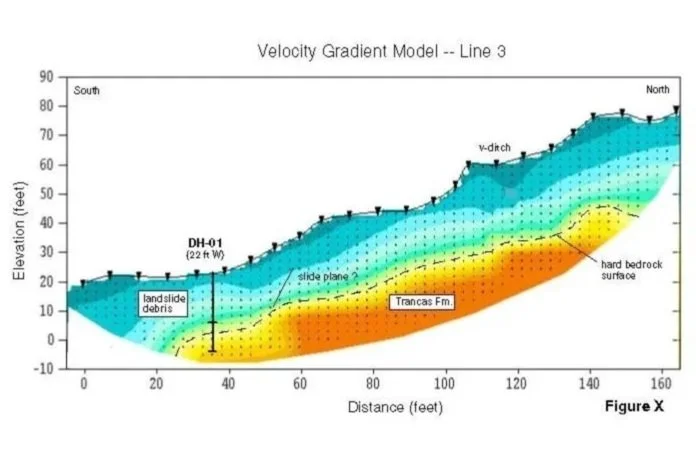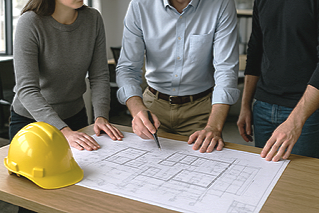Engineering Geologic Services / Reports
Single-Family Residential Development
Additions/remodels
Retaining walls
Swimming pools
Decks
Accessory dwelling units (ADU’s)
Driveways
Multi-Family Residential Development
Post-Fire Residential Rebuild Investigations
Feasibility Investigations for Future Development
Feasible Studies for Onsite Wastewater Treatment (i.e. Septic) Systems
Escrow Contingency (i.e. Escrow Geology) Evaluations
Bridge Foundation Investigations
Public Works /Transportation / Capital Improvements Infrastructure
Commercial Infrastructure
Surface & Subsurface Geologic Mapping
Downhole Geologic Logging
Rock Slope Stability Mapping & Mechanics
Geophysical Studies
Desktop Studies / Record Research
Seismic Hazard Assessments
Site-specific Fault Rupture Hazard Evaluations
Structural Forensic (i.e. Distress) Studies
Natural Hazard (landslide, mud/debris flow, surface fault rupture, etc.) Avoidance or Mitigation
Analysis, Avoidance, and Mitigation
Remote Sensing (Air photograph, Topographic mapping, Satellite data)
Analysis & Interpretation
Construction Support & Reviews
Peer (3rd Party) Review
Specialty Services we provide
-
Recent landslides are analyzed by using field evidence, remote sensing, and monitoring data, while ancient landslides are studied through downhole geologic logging, geomorphic features, stratigraphy, and dating methods.
-
Downhole geologic logging is the process of interpreting soil and rock conditions observed within a borehole during or after drilling. A geologist descends into the borehole to examine changes in lithology, structures, moisture content, strength, and other physical characteristics. This information helps create a detailed vertical profile of subsurface conditions, which is essential for foundation design, slope stability analysis, and hazard assessments.
-
With decades of experience, Summit Geoscience provides geotechnical (geologic) peer review (i.e. 3rd party review), for public agencies, across Southern California. Per the California Geotechnical Engineers Association (CGEA), the purpose of a geotechnical peer review is to check for compliance with minimum code standards, completeness, note obvious factual errors, check consistency of data with conclusions, and ensure standards of geotechnical practice, as well as to identify areas where the proposed design may lead to future significant problems.





